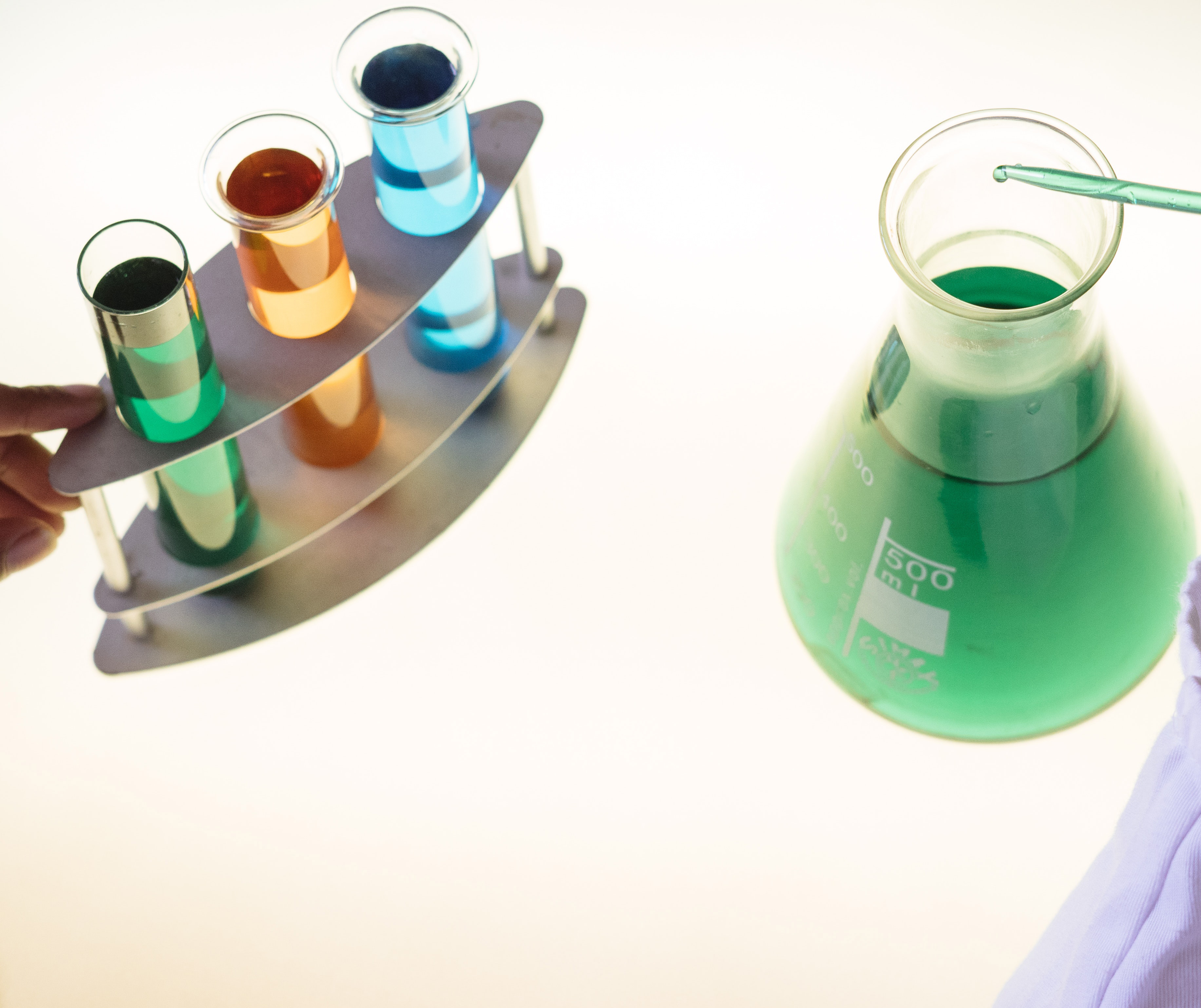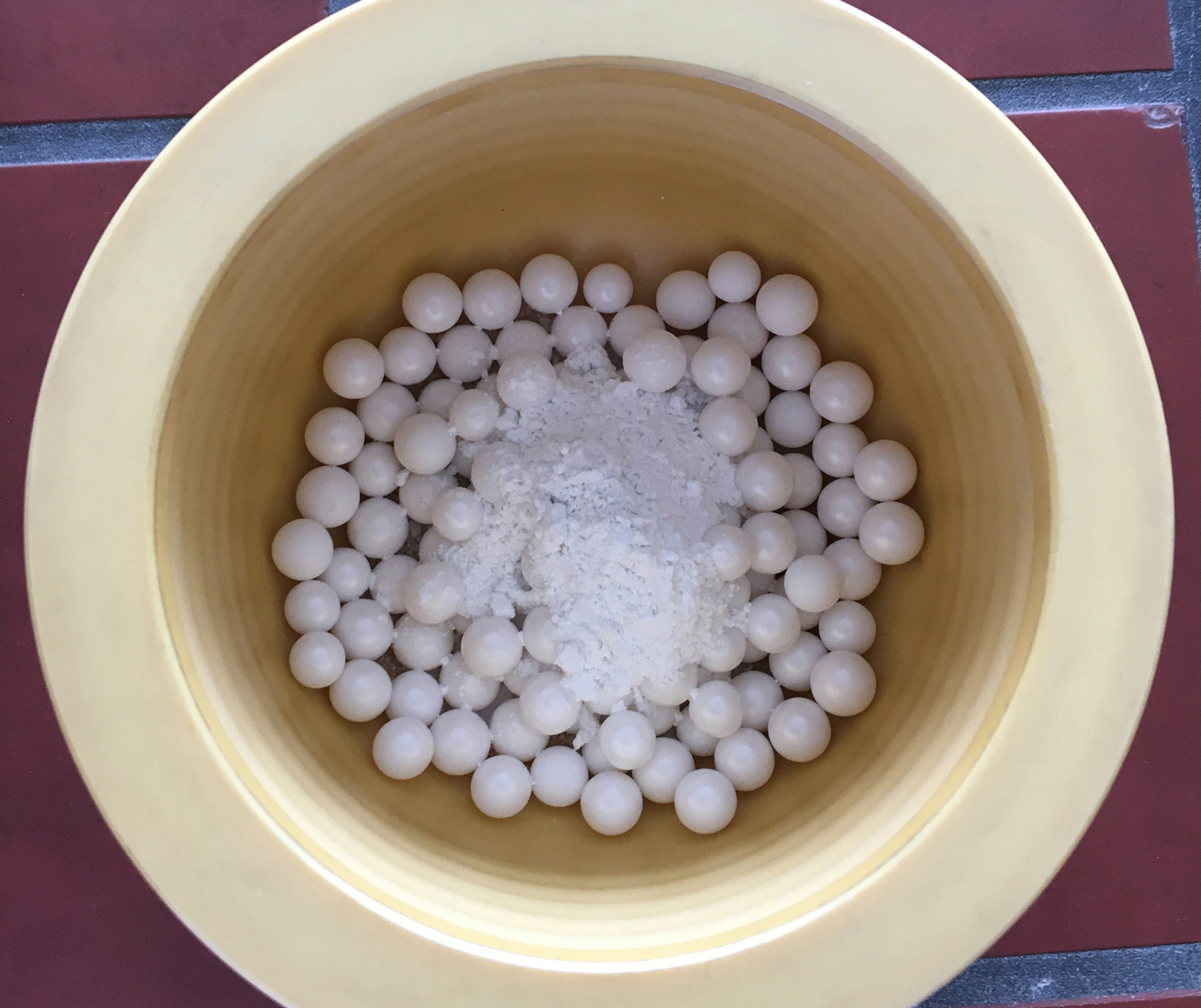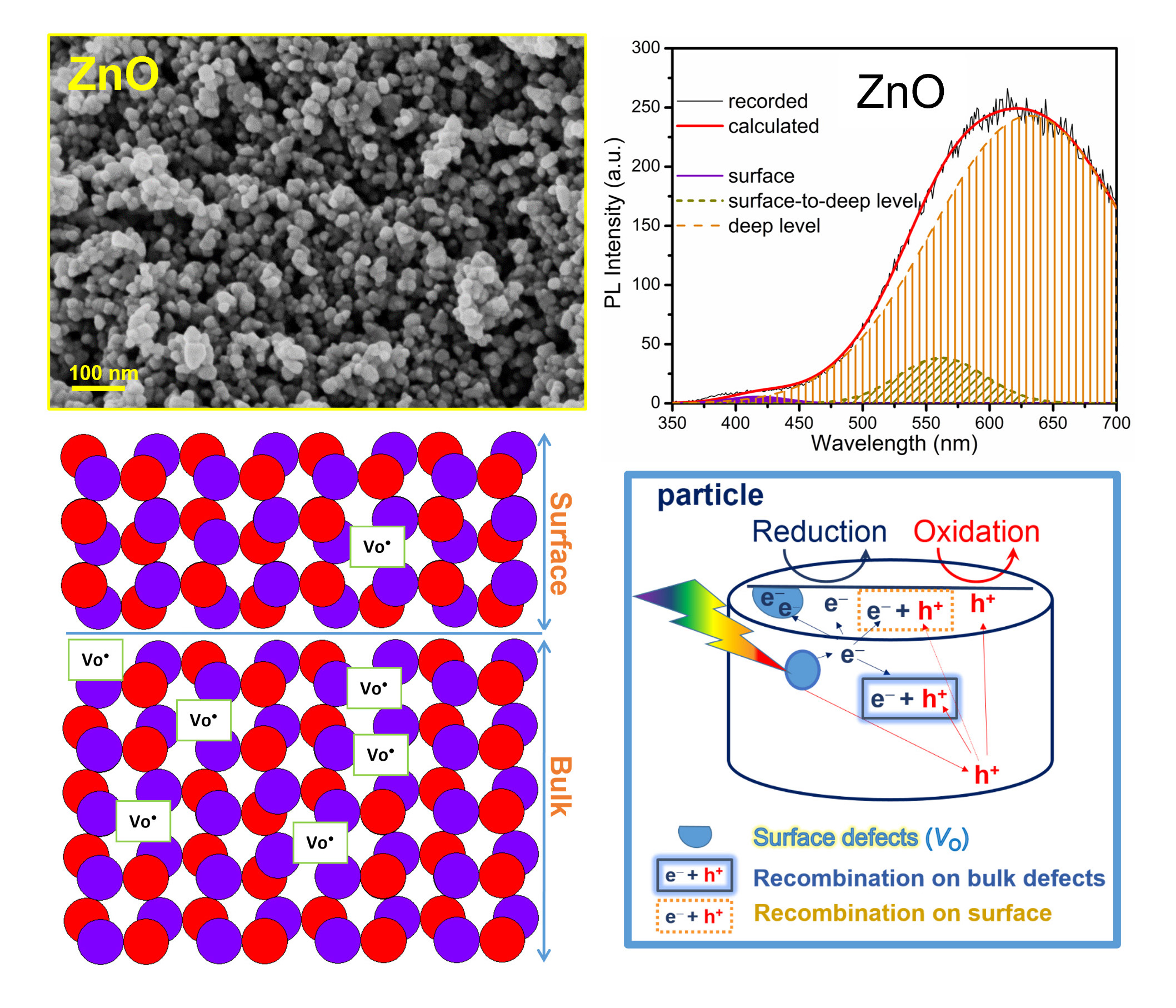The group combines advanced experimental techniques and multidisciplinary research towards developing methods, programmes and materials such as multifunctional particles, scaffolds, membranes and hydrogels with and without immobilized substances. This research is relevant for biomedical engineering, controlled delivery of active substances, tissue engineering, rehabilitation engineering, biomaterials, nanomedicine, computer simulations and methods, in vitro and in vivo studies, with the aim of transferring knowledge and technologies from concept through research to clinical application (synthesis → characterization → functionalization, optimization → simulation, prediction → detection, bioreading → clinical trials).
Research focuses:
- Identification of reliable methods for the controlled synthesis, optimization and functionalization of polymer particles, scaffolds, metal nanoparticles, metalloids and their oxides, membranes, stimuli-responsive hydrogels, etc.
- Characterization of various materials to determine physicochemical, electrochemical, morphological, and other characteristics relevant for potential application;
- In vitro and in vivo tests of biological effects, preclinical and clinical research;
- Developing methods and programmes for bioengineering problems (technologies for rehabilitation and assistance to the handicapped, functional electrical stimulation, machine learning, data science, predictive analytics)
Group members are actively involved in international cooperation and have a wide range of expertise (physical chemistry, technology, electrical engineering, biology). They apply various methods and systems, but their research activities are connected within the broader context of biomedical engineering and nanobiotechnology.




 Group for nanostructured optically active materials and semiconductors
Group for nanostructured optically active materials and semiconductors Group for biomedical engineering and nanobiotechnology
Group for biomedical engineering and nanobiotechnology Group for multifunctional ceramics, sintering and composite materials
Group for multifunctional ceramics, sintering and composite materials Group for the correlation of properties and functional characteristics of condensed matter
Group for the correlation of properties and functional characteristics of condensed matter